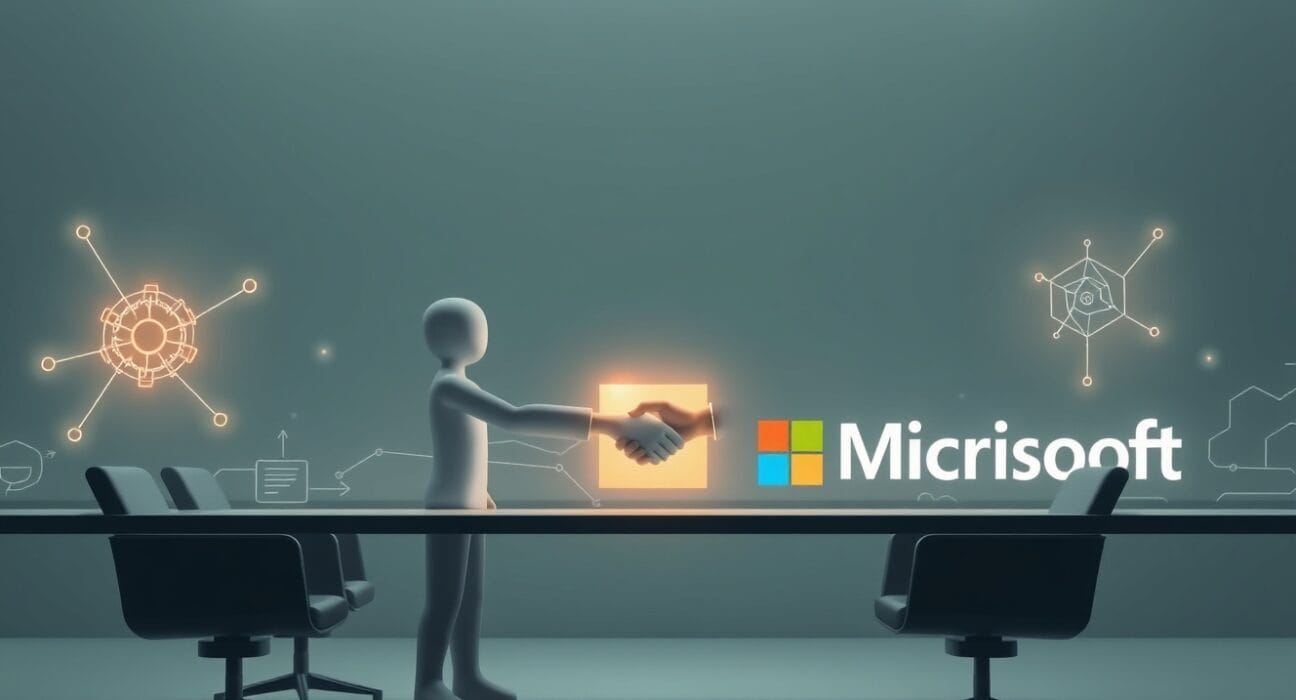
Y’all, Microsoft just gave OpenAI the green light to flip its for-profit arm into a Public Benefit Corporation (via a non-binding agreement). Now, I know that sounds like legal jargon—but trust me, this is huge. It’s the step that could let OpenAI raise way more money, scale faster, and maybe—just maybe—set it up to go public one day.
But here’s the juicy part: this isn’t just paperwork. It’s about power, partnerships, and a little bit of behind-the-scenes tension between two of the biggest players in tech. (And yes, even Elon Musk finds a way into this story too.)
So let’s break it down.
First off, what's a PBC anyway?
Think of it as a company that’s allowed to chase profits but is also legally bound to do good for society. Basically: “Yes, we’re here to make money—but we’re also here to make sure what we build actually benefits people.”
For OpenAI, this fits perfectly. From day one, their mission has been to ensure advanced AI (like AGI) helps humanity, not just shareholders. By switching to a PBC, they’re basically locking that promise into law.
And here’s what it means :
OpenAI can bring in investors without ditching its mission or selling out.
It scores a huge credibility boost with the public.
And yep, it paves a clear path toward IPO territory.
And just so the soul of the company doesn’t get lost—the nonprofit parent still sits on a stake worth over $100B. So mission stays in the driver’s seat, while growth takes off.
Now, let’s talk Microsoft—because their role here is massive.
Back in 2019, Microsoft invested big in OpenAI, gave them cloud power, and in return got first dibs on the tech. Pretty sweet deal, right? But once ChatGPT exploded, the balance shifted. Suddenly OpenAI wasn’t just some research lab—it was the hottest AI company in the world. And with that came a push for more independence.
That’s where this new agreement comes in. The “non-binding” part basically means: nothing is final or legal yet, but both sides are saying, this is where we’re headed. Microsoft still gets its perks, but OpenAI gets more room to spread its wings and attract other partners.
It’s a classic evolution: what began as mentorship has now leveled up into a negotiation between equals.
So what's next?
Becoming a PBC means OpenAI can raise big money, attract mission-minded investors, and still keep the nonprofit in control.
For Microsoft, it means the partnership continues—but with less grip than before. And for the rest of us? It means the race to build AI responsibly is about to accelerate.
Does this mean the restructure kicks in right away? Nope—not just yet.
Regulators still need to weigh in (California and Delaware attorneys general will have plenty to say). But long-term? This looks a lot like the road to going public.
Bottom line:
This isn’t just corporate paperwork. It’s a power shift—a new chapter that mixes innovation, big money, mission-driven promises, and yes, a sprinkle of tech-world drama. And however it plays out, it’s going to shape not just OpenAI’s future, but the entire trajectory of how AI is developed and governed worldwide.
wanna know more? check out the full report here.
